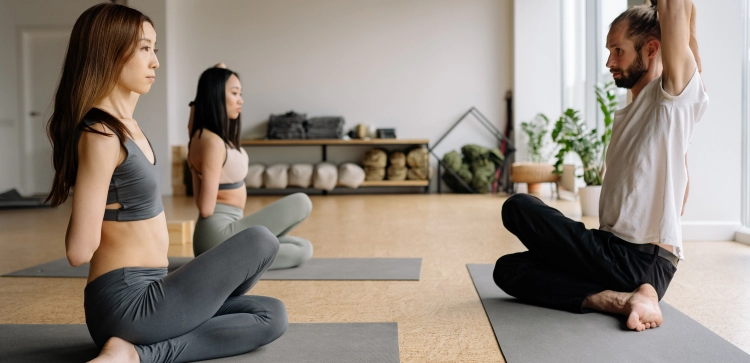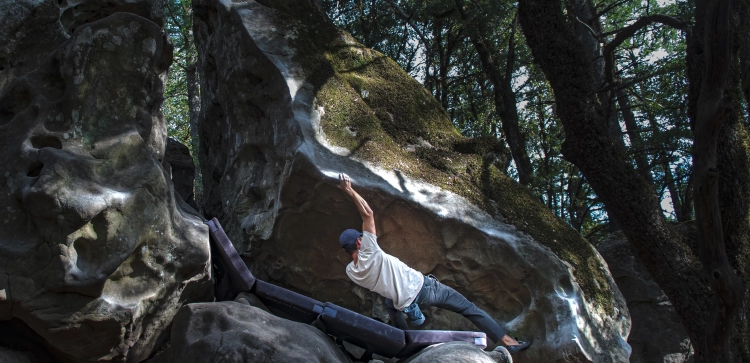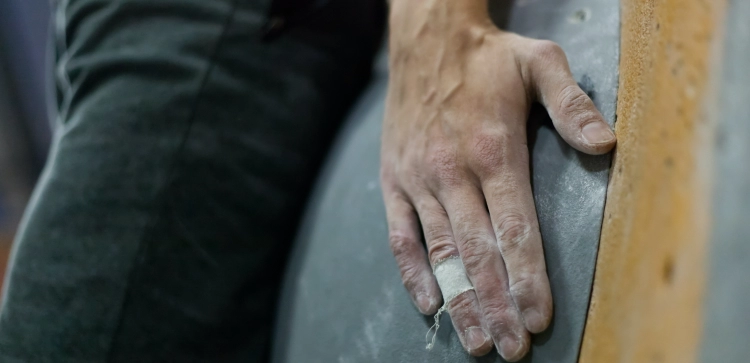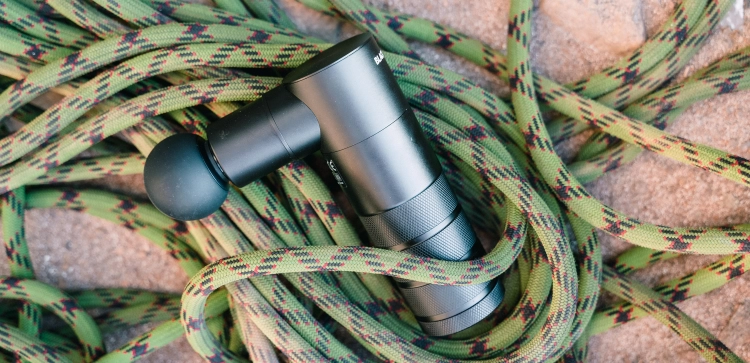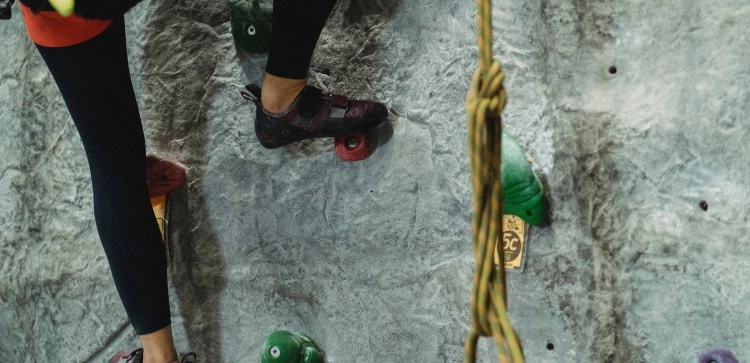Bouldering Frequency And Duration For Optimal Climbing Sessions

Embarking on the journey of bouldering is exhilarating, but it's essential to pace yourself effectively to experience sustained progress and prevent overexertion.
Listening to your body's signals is essential. If you're fatigued or notice a decline in performance, it's time to rest. Pushing through can hinder progress and increase the risk of injury.
This article delves into the delicate balance between bouldering session frequency and duration for beginner climbers. While enthusiasm often fuels multiple sessions a week, understanding your body's needs and varying session intensities can make all the difference between growth and burnout.
- The Temptation Of Excessive Climbing: Striking A Balance
- The Gradual Build: From 2-3 Sessions To Mastery
- The Intricacies Of Session Intensity: Listen To Your Body
- The Clock Is Ticking: Duration Matters
- Aid Recovery With The Right Tools
- Commonly Asked Questions
- How Often Should Beginner Climbers Schedule Their Bouldering Sessions?
- Can I Boulder Multiple Days In A Row?
- How Does Session Intensity Impact Rest Requirements?
- What's The Significance Of Listening To My Body During Sessions?
- Conclusion
The Temptation of Excessive Climbing: Striking a Balance
For novices eager to hone their climbing skills, it's easy to fall into the trap of excessive bouldering. Some climbers, swept up in their enthusiasm, may hit the gym three or even four times a week, believing that more is always better. However, this approach can take a toll on the body, potentially leading to injuries and stagnation in progress.
The key to sustainable growth lies in finding a rhythm that provides ample recovery time. While seasoned climbers might thrive on frequent sessions, beginners should prioritize quality over quantity. This means allowing the body time to adapt and recover between sessions, nurturing growth without pushing too hard.
The Gradual Build: From 2-3 Sessions to Mastery
As a beginner, it's wise to commence with a moderate climbing frequency, typically ranging from 2 to 3 sessions per week. This approach allows the body to adjust to the demands of bouldering while avoiding the pitfalls of overtraining. With each session, your muscles, tendons, and technique gradually adapt, setting the foundation for future progress.
The journey from novice to expert is marked by consistent growth. As your body acclimatizes to the demands of bouldering, you can incrementally increase session frequency. This gradual progression ensures that your body is prepared for the challenges you'll face, ultimately leading to more frequent and rewarding climbs.
The Intricacies of Session Intensity: Listen to Your Body
Recognizing that not all sessions are created equal is crucial for optimizing your climbing schedule. Each session's intensity can vary based on the focus, whether it's endurance, technique refinement, power development, or finger strength. Understanding these nuances empowers you to make informed decisions about your session frequency and rest days.
For instance, a session centered around honing footwork and refining technique might be less intense on your muscles than a session focused on power moves. This variation means you can potentially climb again sooner after a technique-oriented session. It's about tuning in to your body's feedback and adapting your schedule accordingly.
The Clock is Ticking: Duration Matters
Balancing the duration of your bouldering sessions is another piece of the puzzle. Shorter, high-intensity sessions might demand more frequent breaks to avoid straining your muscles and tendons. Conversely, longer, more endurance-focused sessions necessitate ample rest to prevent overexertion.
As a rule of thumb, listen to your body's cues. If you're feeling fatigued or notice a decline in performance during a session, it's a sign that your body needs rest. Pushing through can lead to diminishing returns and potentially set you back in your progress.
Aid Recovery with the Right Tools
While bouldering offers incredible physical challenges, recovery is equally crucial. To aid your body's recuperation, consider integrating recovery tools like massage guns. These devices can help alleviate muscle tension, enhance blood flow, and expedite recovery between sessions. For more, read our article covering the benefits of a massage gun for climbers.
Commonly Asked Questions
How often should beginner climbers schedule their bouldering sessions?
For beginners, starting with 2 to 3 sessions per week is recommended. Gradually increase frequency as your body adapts to the demands of bouldering.
Can I boulder multiple days in a row?
While some experienced climbers can, beginners should avoid consecutive days of bouldering. Aim for sessions with ample rest days in between to prevent overexertion and promote recovery.
How does session intensity impact rest requirements?
Sessions focused on power or high-intensity moves demand more rest between sessions. Technique-oriented sessions might allow for quicker recovery and more frequent climbing.
What's the significance of listening to my body during sessions?
Listening to your body's signals is essential. If you're fatigued or notice a decline in performance, it's time to rest. Pushing through can hinder progress and increase the risk of injury.
Conclusion
The journey to becoming a proficient boulderer is an exciting and evolving endeavor. Navigating the delicate balance of bouldering session frequency and duration requires a keen understanding of your body's signals. By starting with a moderate schedule, paying attention to session intensity, and adapting your rest days to your needs, you'll pave the way for sustainable growth and lasting enjoyment of this captivating sport.
Remember, bouldering is as much about the quality of your sessions as it is about the quantity. Your body's well-being and progress are intertwined, and striking the right balance will undoubtedly lead you to ascend new heights of achievement in your climbing journey.

